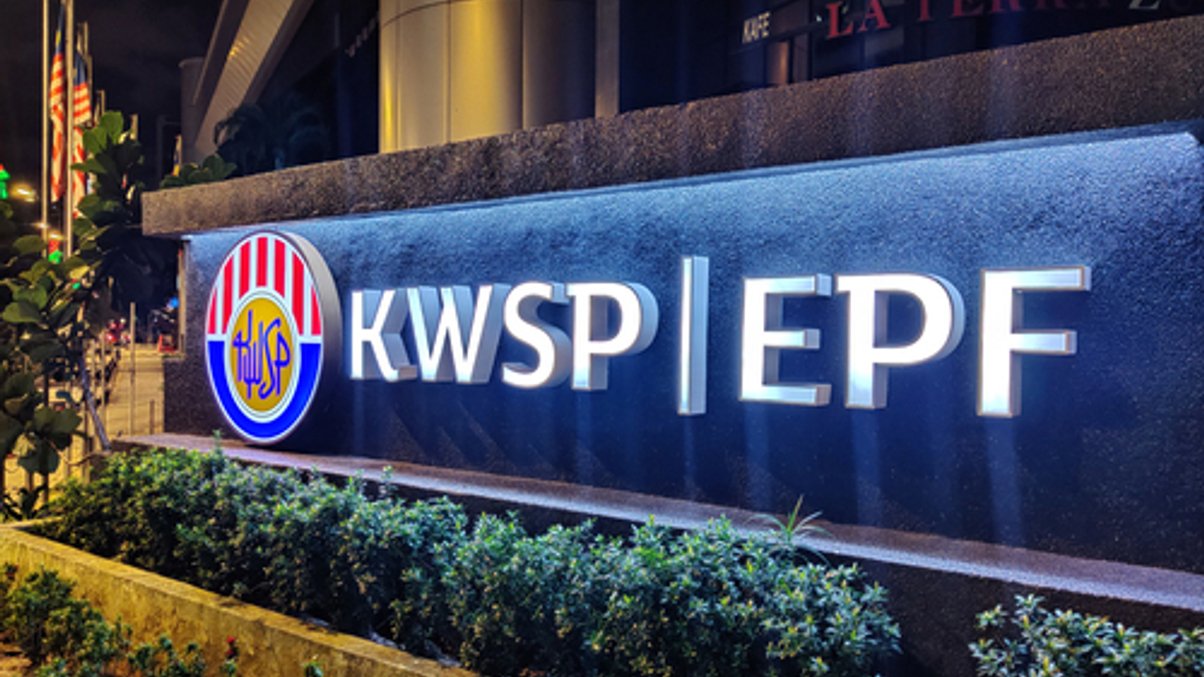EPF to continue foreign asset push after solid year
Malaysia's flagship pension fund hits $250 billion with the help of strong returns from overseas, private and externally managed investments, says its outgoing CEO.

Malaysia’s Employees Provident Fund (EPF) will continue increasing its foreign asset exposure after posting gross investment income of RM60.98 billion (around 6%) for 2020 despite the challenge of Covid-19, outgoing chief Alizakri Alias said on Saturday (February 27).
Sign in to read on!
Registered users get 2 free articles in 30 days.
Subscribers have full unlimited access to AsianInvestor
Not signed up? New users get 2 free articles per month, plus a 7-day unlimited free trial.
¬ Haymarket Media Limited. All rights reserved.


